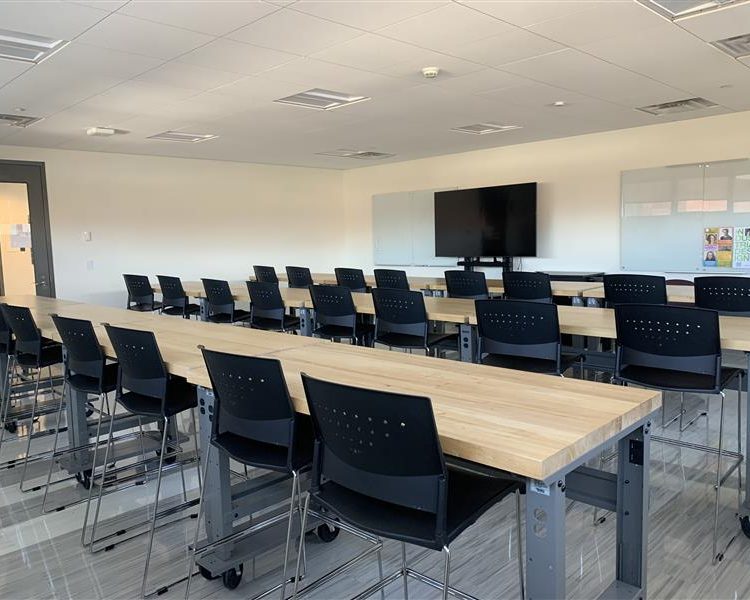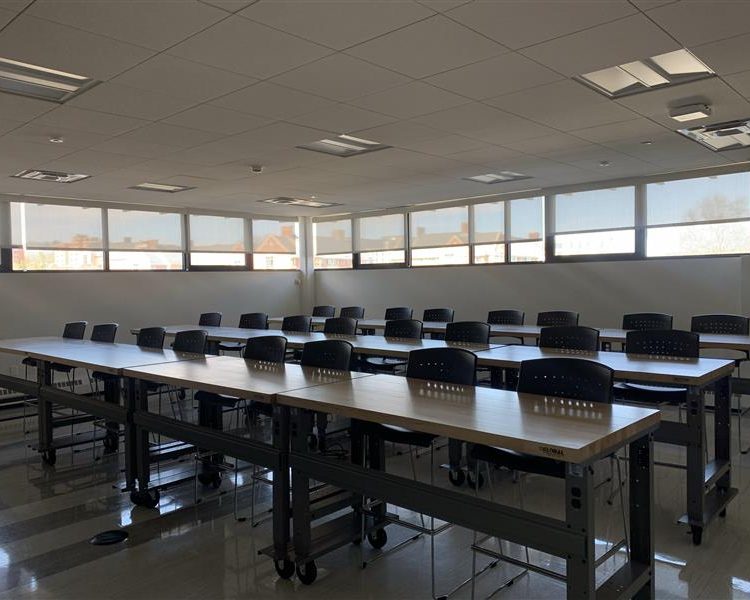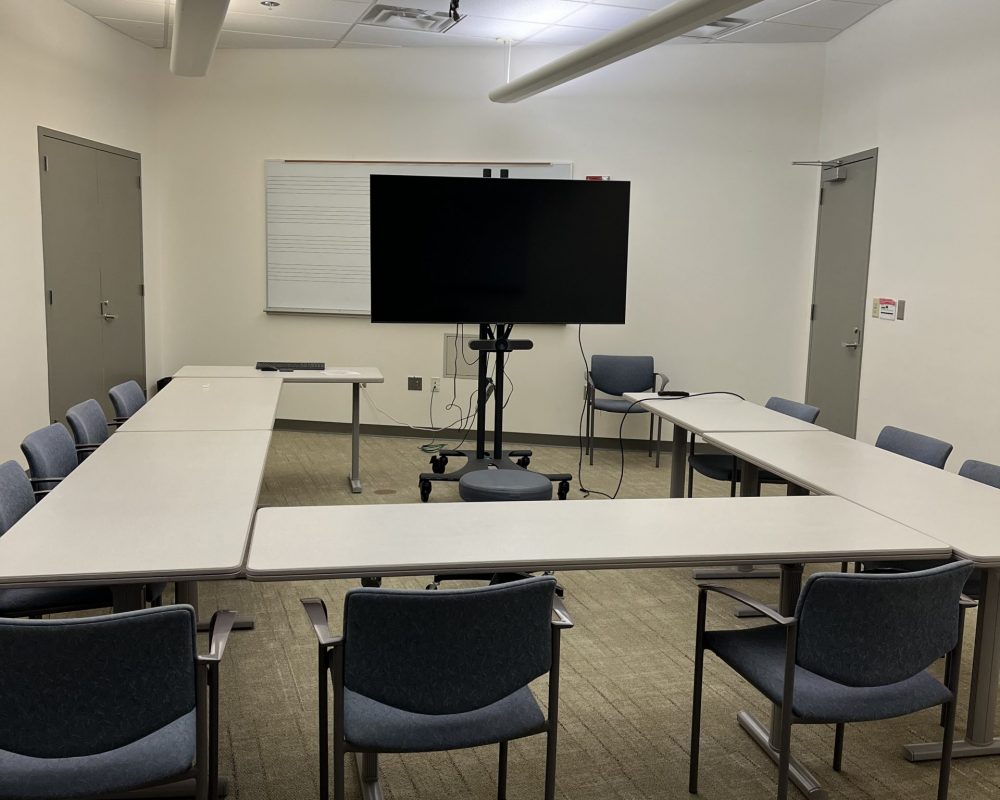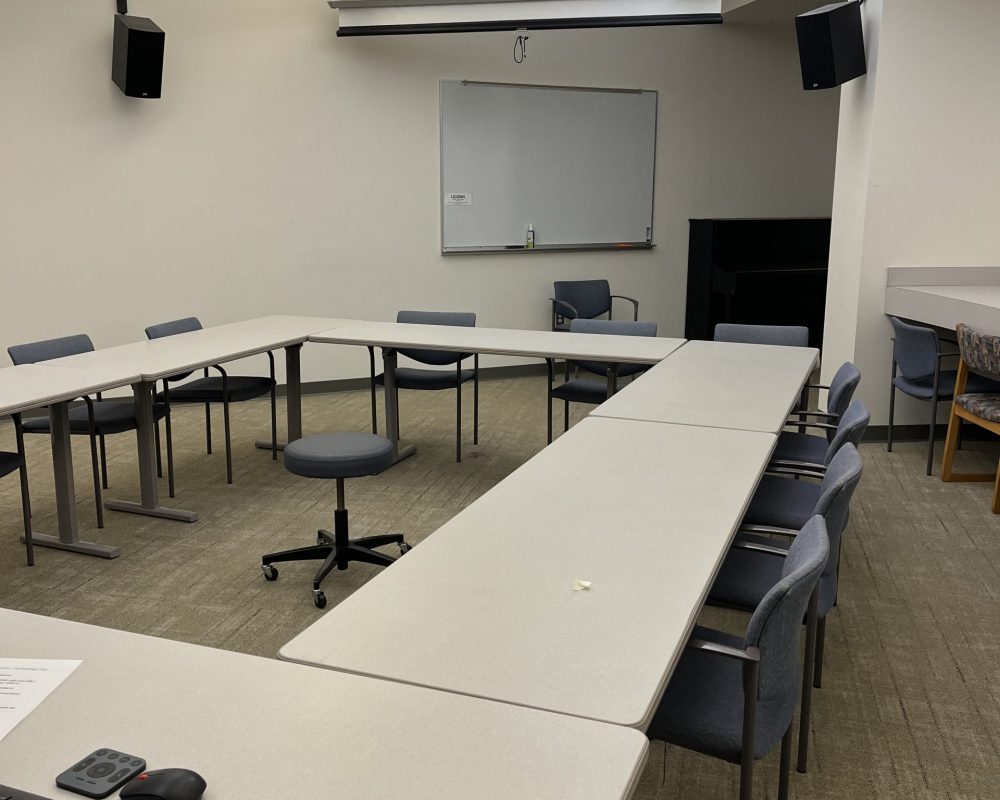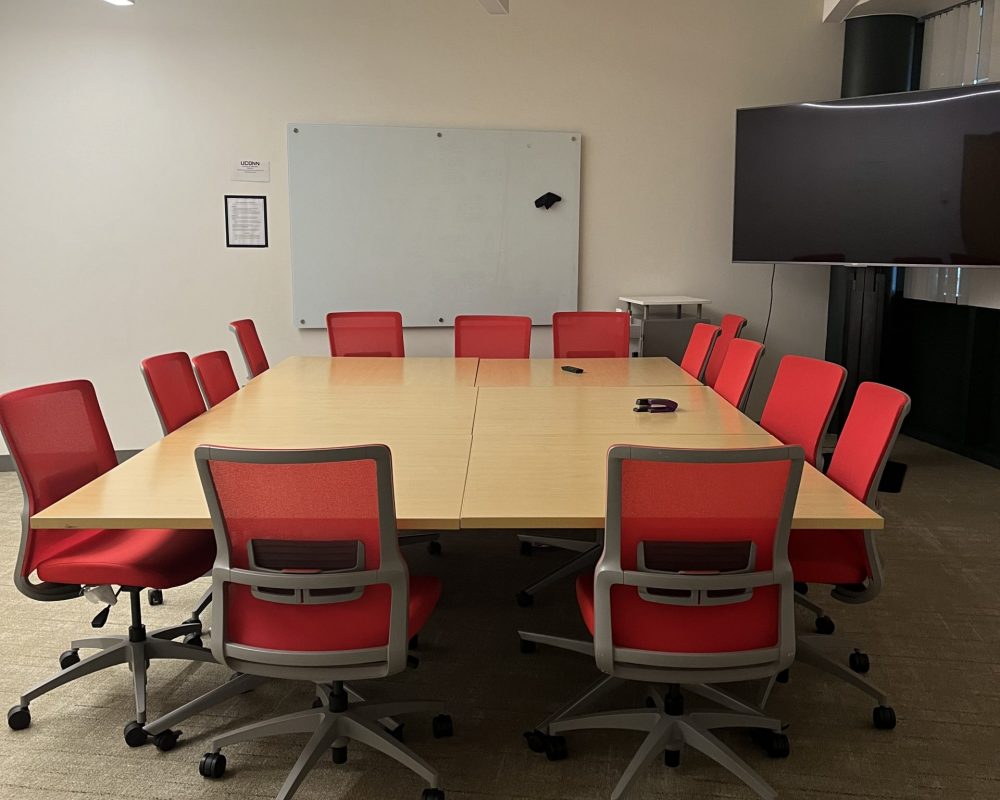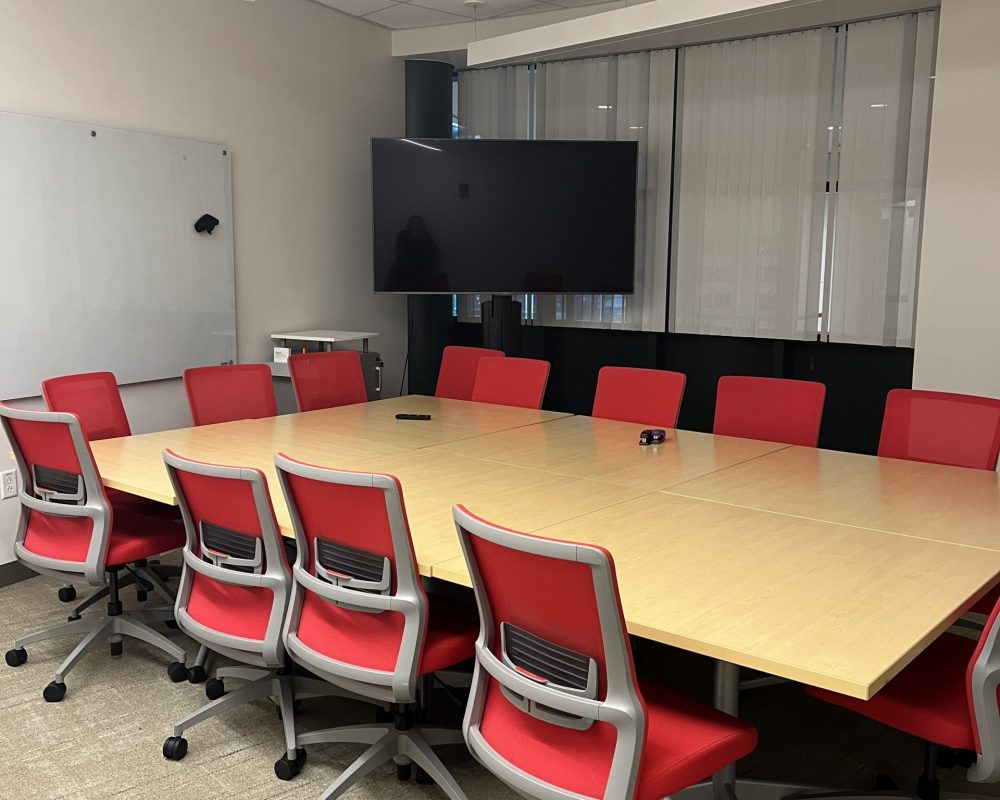School of Fine Arts – Dean’s Office Centrally Controlled Spaces
Room Usage Policy
-
Rooms are available for Fine Arts faculty, staff, and students
-
We may need to cancel your reservation with little notice.
-
Please allow up to 5 days to review reservation requests
-
Because events, classes, meetings and interviews are scheduled in the seminar rooms, please be courteous and understanding when asked to leave a room. Scheduled courses take first priority.
-
No food or beverages are permitted in a space.
-
Please be courteous of the next user by disposing of all garbage, cleaning tables, and cleaning whiteboards before leaving a space.
-
Scheduling of our spaces will occur on a first come, first served basis.
Reservations
FACULTY & STAFF:
-
Please use the EMS Scheduling System for non-class reservations ONLY. This includes meetings, interviews, office hours, study groups, or other non-class time reservations.
-
To reserve this space for a specific course, please reach out to your department’s program assistant to schedule through CourseLeaf and the Registrar’s Office
-
STUDENTS:
-
To make room usage as equitable as possible, we developed a system to allow students to reserve this space following these parameters:
-
Maximum reservation: 2 HOURS. Please note, time blocks for one individual that extends beyond the 2-hour limit will be declined without warning.
-
Email sfaoffice@uconn.edu with your Name, Reservation Date and times, and number of people. Please allow UP TO 3 BUSINESS DAYS for processing.
-
Art Building 202 Classroom
-
75" TV on mobile cart
-
HDMI and USB-C connection
-
Soundbar
-
-
Power outlets on wall, floor
-
Ethernet data jacks on wall, floor
-
Whiteboard
-
24 seats
ZFA 001C Level 0 Conference Room
-
70" TV on mobile cart
-
HDMI and USB-C connection for laptops
-
Windows PC
-
Logitech Meetup conference cam & speaker bar
-
Whiteboard
-
Piano
-
16 seats
ZFA 101A Level 1 Seminar Room
-
75" Sony TV on stand with connection via HDMI or USB-C
-
Whiteboard
-
Power outlets on wall, floor
-
14 seats
